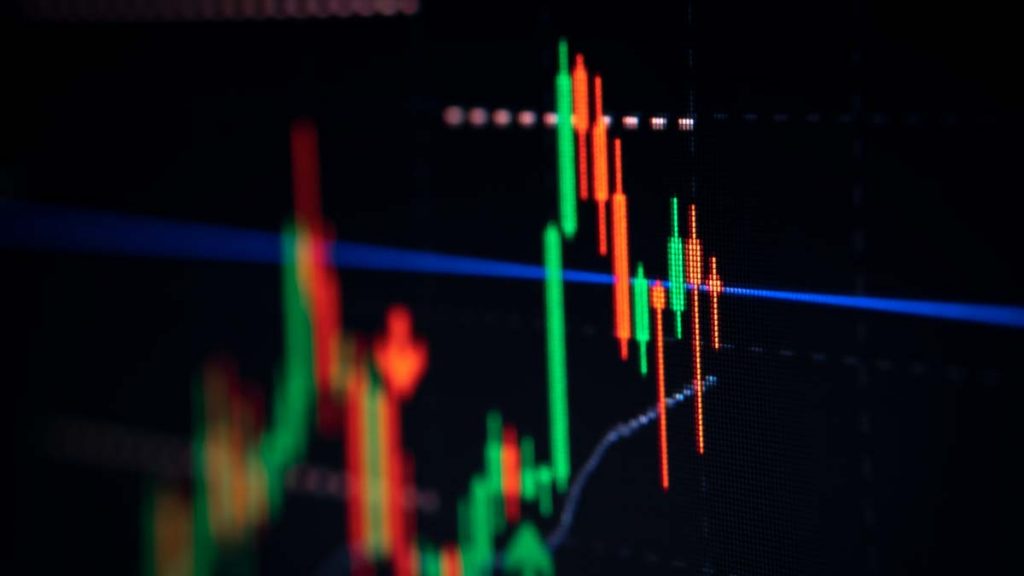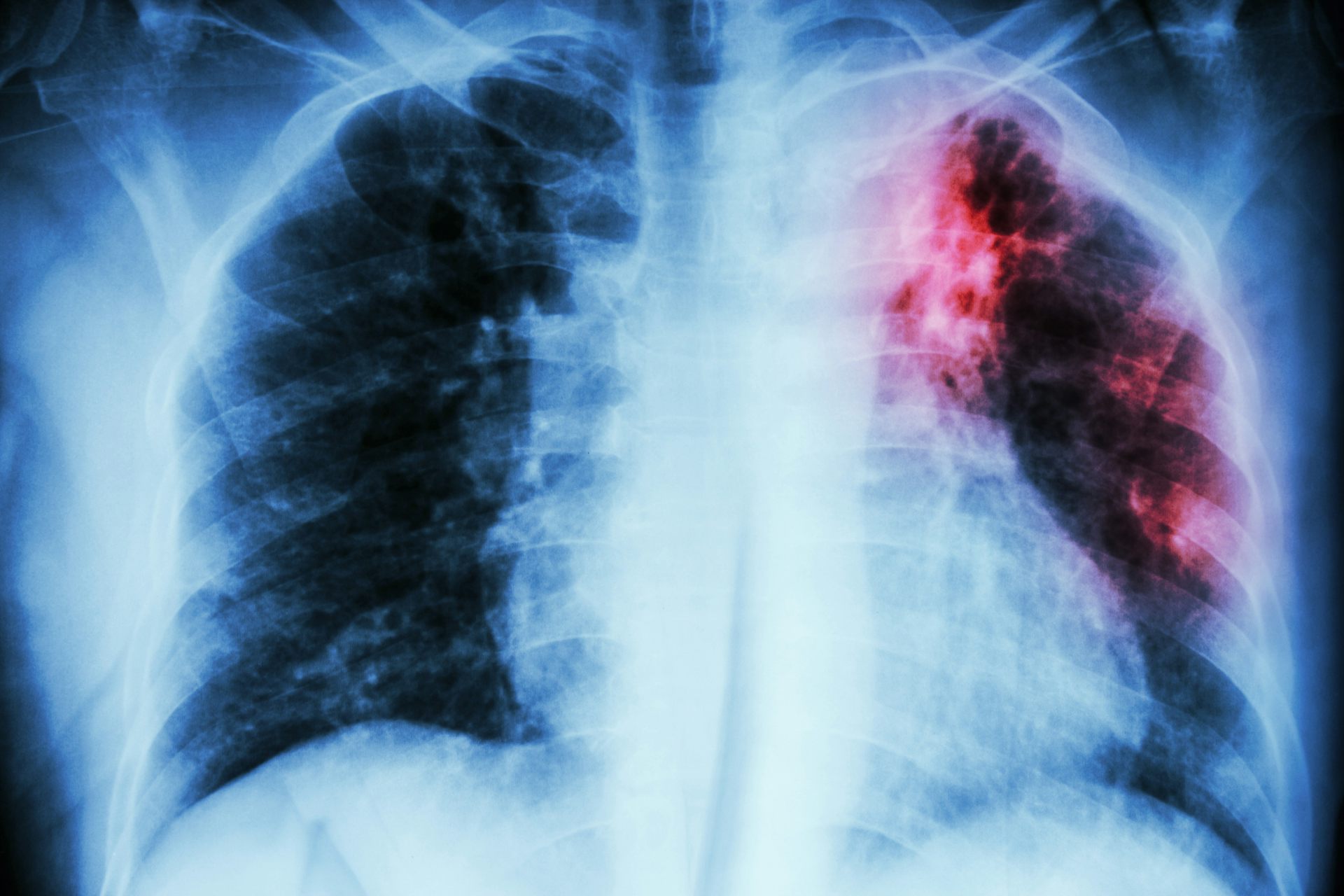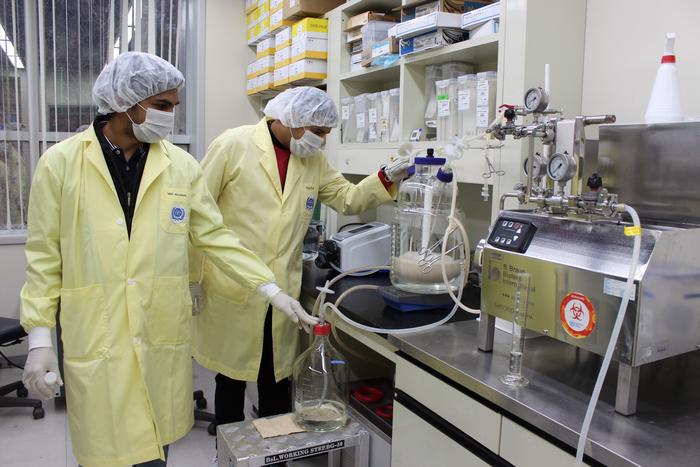- IVI will complete the technology transfer by 2025
- Oral Cholera Vaccine to be manufactured by Biological E. Limited for India and international markets
March 20, 2024, SEOUL, Republic of Korea and HYDERABAD, India — The International Vaccine Institute (IVI), an international organization with a mission to discover, develop, and deliver safe, effective, and affordable vaccines for global health, today announced that it has commenced a technology transfer of simplified Oral Cholera Vaccine (OCV-S) to Biological E. Limited (BE), a leading India-based Vaccines and Pharmaceutical Company.
Following the signing of a technology license agreement in November last year, IVI has begun providing the technical information, know-how, and materials to produce OCV-S at BE facilities and will continue to support necessary clinical development and regulatory approvals. IVI and BE entered this partnership during an unprecedented surge of cholera outbreaks worldwide and aim to increase the volume of low-cost cholera vaccine in India as well as the global public market.
IVI will complete the technology transfer by 2025 and the oral cholera vaccine will be manufactured for India and international markets by Biological E. Limited.
Dr. Jerome Kim, Director General of IVI, said: “In an era of heightened risk of poverty-associated infectious diseases such as cholera, the world needs a sustainable source of high-quality, affordable vaccines and committed manufacturers to supply them. We are pleased to partner with Biological E., a company with a proven history of making life-saving vaccines accessible globally, to address this supply gap and protect communities from this deadly, though preventable, disease.”
Ms. Mahima Datla, Managing Director, Biological E. Limited, said: “We are glad to be in collaboration with IVI for the manufacture of simplified Oral Cholera Vaccine. Our efforts are aimed to not only combat the disease but to also be part of a sustained legacy of innovation, collaboration, and health stewardship. Together with IVI, we are happy to be shaping a healthier and more resilient future by making this vaccine accessible globally.”
This technology transfer and licensing agreement is the sixth of its kind for IVI, transferring such technology to manufacturers in India, the Republic of Korea, Bangladesh, and South Africa. All these partnerships have led to or seek to achieve, pre-qualification (PQ) from the World Health Organization, a designation that enables global agencies such as UNICEF to procure the vaccine for the global market. BE already has 9 vaccines with WHO PQ in its portfolio, and IVI and BE will pursue WHO PQ for OCV-S as well, following national licensure in India.
Dr. Julia Lynch, Director of IVI’s Cholera Program, said: “The cholera situation is dire, and the availability and use of oral cholera vaccine is an essential part of a multifaceted approach to cholera control and prevention, especially as outbreaks increase and the global vaccine supply remains strained. With more manufacturers like BE entering the market, the future supply situation looks strong. IVI remains committed to ensuring the availability of the oral cholera vaccine and to developing new and improved vaccines that are equally safe, effective, and affordable and made around the world, for the world.”
OCV-S is a simplified formulation of OCV with the potential to lower production costs while increasing production capacity for current and aspiring OCV manufacturers. IVI’s development of OCV-S and ongoing technology transfers are part of an institutional strategy to confront cholera with 3 main goals: 1) Ensure supply of OCV 2) Improve cholera vaccines 3) Support OCV use and introduction. The Bill & Melinda Gates Foundation has been supporting IVI’s cholera program since 2000 and is funding this latest technology transfer to BE.
###
About the International Vaccine Institute (IVI)
The International Vaccine Institute (IVI) is a non-profit international organization established in 1997 at the initiative of the United Nations Development Programme with a mission to discover, develop, and deliver safe, effective, and affordable vaccines for global health.
IVI’s current portfolio includes vaccines at all stages of pre-clinical and clinical development for infectious diseases that disproportionately affect low- and middle-income countries, such as cholera, typhoid, chikungunya, shigella, salmonella, schistosomiasis, hepatitis E, HPV, COVID-19, and more. IVI developed the world’s first low-cost oral cholera vaccine, pre-qualified by the World Health Organization (WHO), and developed a new-generation typhoid conjugate vaccine that also achieved WHO prequalification in early 2024.
IVI is headquartered in Seoul, Republic of Korea with a Europe Regional Office in Sweden, an Africa Regional Office in Rwanda, a Country Office in Austria, and a Country and Project Office in Kenya. IVI additionally co-founded the Hong Kong Jockey Club Global Health Institute in Hong Kong and hosts Collaborating Centers in Ghana, Ethiopia, and Madagascar. 39 countries and the WHO are members of IVI, and the governments of the Republic of Korea, Sweden, India, Finland, and Thailand provide state funding. For more information, please visit https://www.ivi.int.
About Biological E. Limited
Biological E. Limited (BE), a Hyderabad-based Pharmaceuticals & Biologics Company founded in 1953, is the first private sector biological products company in India and the first pharmaceutical company in Southern India. BE develops, manufactures and supplies vaccines and therapeutics. BE supplies its vaccines to more than 130 countries and its therapeutic products are sold in India, the USA and Europe. BE currently has 8 WHO-prequalified vaccines and 10 USFDA approved Generic Injectables in its portfolio. Recently, BE has received Emergency Use Listing (EUL) from the WHO for CORBEVAX®, the COVID-19 vaccine. Recently, DCGI has approved BE’S 14-Valent Pneumococcal Conjugate vaccine.
In recent years, BE has embarked on new initiatives for organizational expansion such as developing specialty injectable products for global markets as a means to manufacture APIs sustainably and developing novel vaccines for the global market.
Please follow us on Facebook, LinkedIn and Twitter
MEDIA CONTACTS
IVI
Aerie Em, Global Communications & Advocacy Manager
+82 2 881 1386 | aerie.em@ivi.int
Biological E. Limited
K. Vijay Amruth Raj
Email: Vijay.Kammari@biologicale.com
www.biologicale.com/news













































